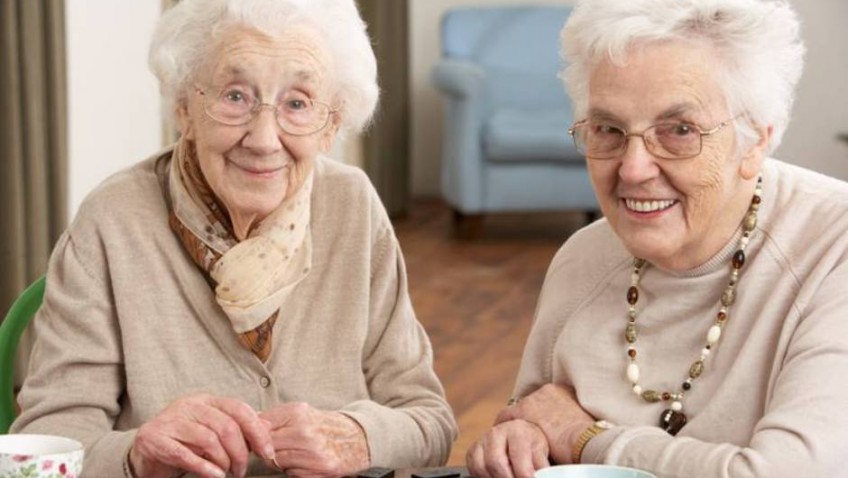People over the age of 95 mainly live ‘day-to-day,’ according to a study of attitudes to death and dying among the very old.
The Cambridge University research found that people in that age group live with death and do not generally fear dying.
Improvements in our environment and lifestyles, as well as significant medical and healthcare advances, mean that more and more people are living to a very old age.
The number of people aged over 90 at the time of their death has tripled in the past three decades in the UK, according to a report published last year by the Office of National Statistics.
Study lead author Dr Jane Fleming said: “Despite the dramatic rise in the number of people living into very old age, there is far too little discussion about what the ‘oldest old’ feel about the end of their lives
“We know very little, too, about the difficult decisions concerning their end of life care.”
For the study, published in the journal PLOS ONE, researchers interviewed 33 people over 95, and for 30 of them and for nine people too frail to be interviewed in person, a ‘proxy’ – a relative or member of care-home staff – about attitudes towards death, dying and end-of-life care.
Dr Fleming said the responses were at times poignant and occasionally humorous, but provide a “fascinating perspective” on the views of an “often overlooked” minority.
She said the age of the older people was so great that most of their contemporaries had died, so death was a regular feature of life and many spoke of living on borrowed time.
“As people get older, as their friends die, there’s an element of ticking them off,” said one proxy.
Many of the older people referred to “taking each day as it comes”, expressing thankfulness for where they were in life and content, at this stage, to take life one day at a time, not worrying too much about tomorrow.
There was a sense of life ticking along until something drastic happened. “It is only day-to-day when you get to 97,” said one.
One son-in-law describes his elderly mother-in-law giving a long-life light bulb to her granddaughter, saying: “Something for you, it’s not worth me having”.
Some of those interviewed felt they were a “nuisance” to others, while others were more desperate in their desire to reach the end, suggesting they had simply lived too long. “Please don’t let me live ’til I’m 100,” one woman said to her proxy.
A son described accompanying his mother to visit one of her friends who had dementia: “She said ‘Gordon, if I ever get like that, for goodness sake put a…’, it was her words, not mine, ‘put a pillow over my head, will you?'”
Most were not afraid of dying, either reporting that it did not worry them.
Dr Fleming said discussion of funeral preferences was more common than talking about death.
The manner of death was of more concern than its imminence. Many explicitly expressed the wish to die peacefully, pain free and preferably while asleep – to “just slip away quietly.”
“I’d be quite happy if I went suddenly like that,” said one interviewee, snapping their fingers.
Dr Fleming said: “Death is clearly a part of life for people who have lived to such an old age, so the older people we interviewed were usually willing to discuss dying, a topic often avoided.”
Dr Morag Farquhar, the study’s other lead author, added: “Now so many more people have reached a great age before they die, it’s important we know about their views and their concerns, particularly in relation to end-of-life care.
“These are difficult conversations to have and no one wants to have to face their own death or that of a loved one. But having these conversations before it is too late can help ensure that an individual’s wishes, rather than going unspoken, can be heard.”
By Stephen Beech





